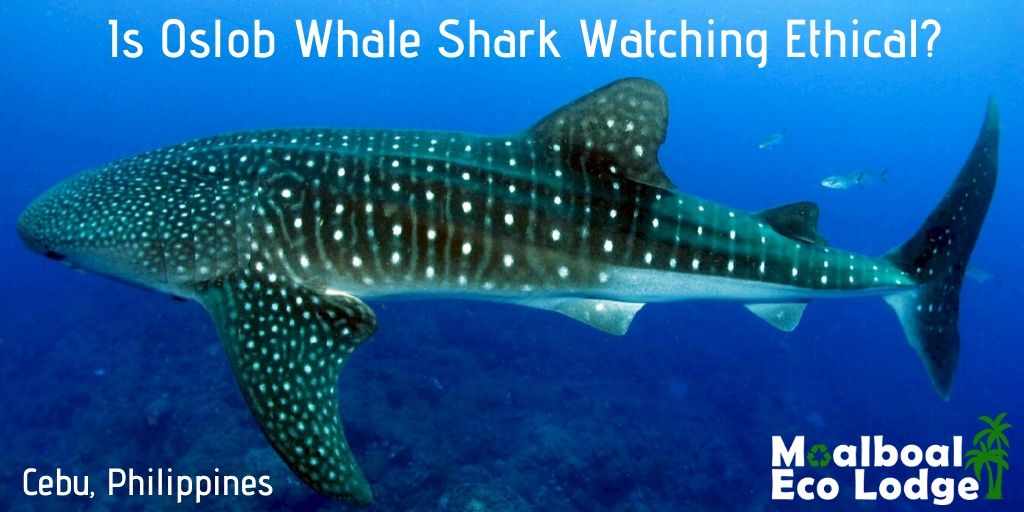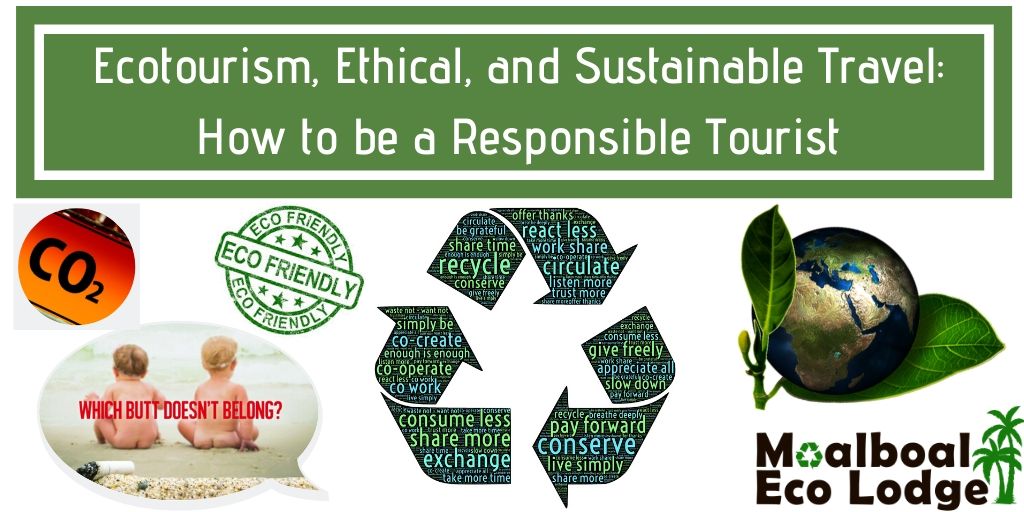|
One of the top things to do in Cebu, Philippines is swim with the Oslob whale sharks. However, questions regarding whether or not it is ethical are constantly asked, and concerns raised by WWF, Greenpeace, National Geographic and Marine WIldlife Watch for a species classified as “vulnerable to extinction” are real.
The whale sharks in Oslob are hand fed to guarantee sightings for tourists 365 days a year. It’s showing no signs of slowing down, in fact it’s the opposite. Tourist agencies boast “99% guarantee of seeing the whale sharks”. Are these whale sharks ambassadors for the marine world or just being exploited for money? Outside of the Philippines, safety of the whale sharks is threatened by the illegal global shark fin trade, and they are considered to be one of the most vulnerable marine species in the world. Should we be jeopardising the health and mating routines of a vulnerable to extinction species? Are the Oslob whale sharks helping people from around the world respect them more? What are the chances of people involved in the global shark fin trade visiting Oslob, falling in love with the whale sharks then deciding not to take their fins? Whale shark tourism in Oslob is about money, BIG money, and it’s a lucrative multi-million dollar business which have received 2,000 visitors PER DAY at certain times of the year. Moalboal Eco Lodge have carried out extensive research to ask, is Oslob whale shark watching ethical?
0 Comments
Sustainable tourism, or “green travel” and wanting to be a responsible tourist are something we should all try to do. Changing our mindset about ecotourism and the way we travel is the key, all we have to do is be a respectful traveller; whether we are on a two week holiday, taking a sabbatical/gap year, or just getting away for the weekend, we should all try to lessen the impact we have on any place we visit.
Why is environmentally friendly travel important? Developing tourist destinations or poorer countries do not have proper waste management systems meaning little or no recycling facilities, this causes plastic pollution problems They are receiving visitors faster than they are able to keep up with trash/water/electricity demands, and up-and coming destinations do not have an abundance of resources for us to waste. Questions regarding ethical travel and animal welfare are constantly raised, overtourism is increasing, our coral reefs are being destroyed, and our desire to travel to as many countries as possible seeing as much as we can has a detrimental effect. If we enjoy travel, love seeing nature and the underwater world, why are we destroying it? No one wants to be made to feel guilty about travel, or to be told they are being an irresponsible tourist, but we cannot bury our head in the sand. Global warming is real. Climate change was last decade; we are now in a CLIMATE EMERGENCY. If you ask “Can I travel in a sustainable, ethical way?” the answer is yes, so let Moalboal Eco Lodge show you how to be a responsible tourist. |
Archives
October 2023
Categories
All
|


